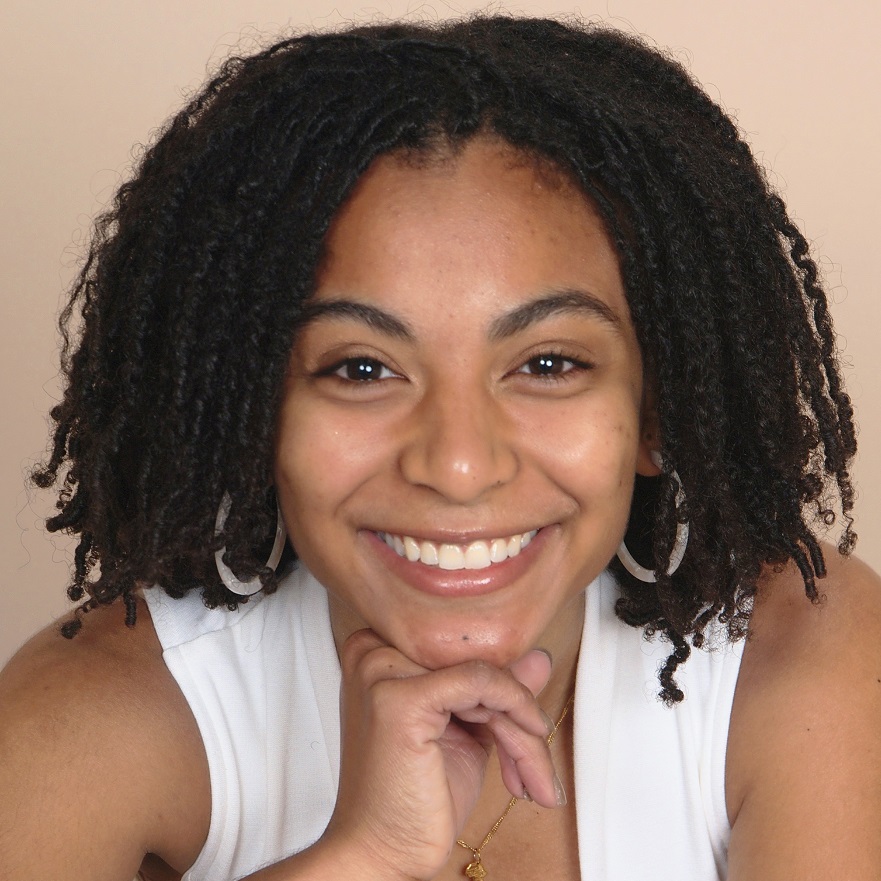
As a graduate student in the labs of Dr. Kelly Stevens and Dr. Cole DeForest, Olivia is developing a new 3D printed biomaterials that can serve as mechanically tunable and functional liver tissue to trigger regeneration in an injured or diseased liver. This research will offer a novel therapy to treat liver disease and advance the field of tissue engineering and regenerative medicine. She holds a B.S in Chemical Engineering from the University of Michigan. Read More
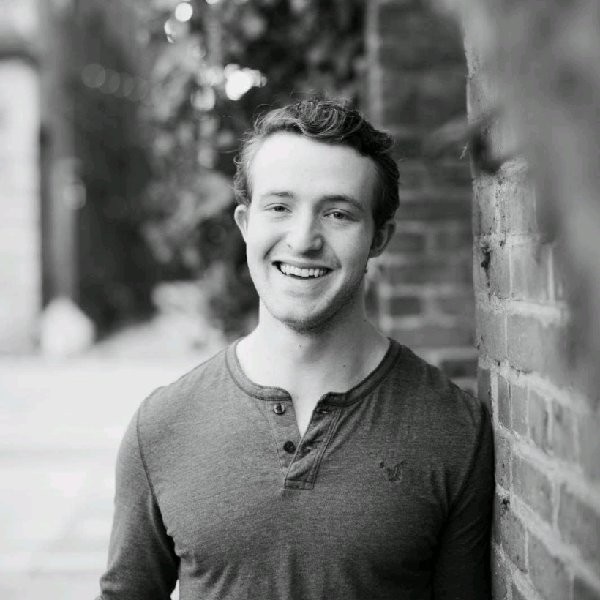
As a graduate student in Valerie Daggett’s lab, Dylan studied the molecular events that occur in the earliest stages of Alzheimer’s disease. He focused on the structural transitions of proteins associated with the Alzheimer’s brain to inform the development of diagnostic tests and therapeutics. After graduating in 2020, Dylan began working as a Principal Scientist at AltPep, a Daggett lab spinout that is developing early diagnostics, modifying therapeutics and anti-biofilm treatments for amyloid diseases. Read More

As a graduate student in bioengineering professor Suzie Pun’s lab, and previously chemistry professor AJ Boydston's lab (before his lab moved to the University of Wisconsin), Dan developed easily synthesized, biocompatible hydrogels that can conduct electricity. These hydrogels could be used to engineer cardiac or neural tissues among other applications. Dan was selected to present his research at the American Chemical Society's Excellence in Graduate Polymer Research Symposium in 2020 and was awarded the 2020 Distinguished Dissertation Award in mathematics, physical sciences and engineering from the UW Graduate School. Read More
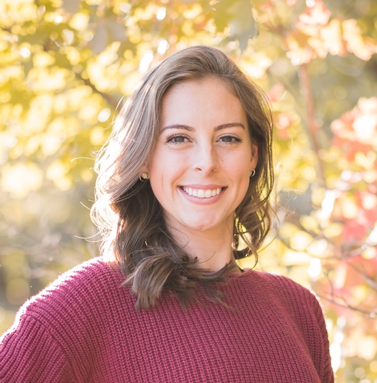
As a graduate student in the lab of Andre Berndt, Sarah is interested in optimizing protein function by coupling machine learning algorithms to directed evolution. This research will help advance the field of protein engineering and develop optogenetic tools that can be used in studies of addiction, pain, and emotion. She recently received the Herbold Data Science Fellowship to continue her work in machine learning. Sarah holds a B.S in Biomedical Engineering from the University of Utah. Read More
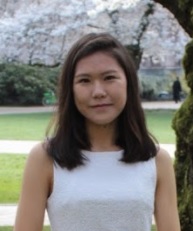
Janis is a member of Dr. Herbert Sauro’s lab. She collaborates with Dr. James Carothers to develop a method for systematically reengineering metabolic pathways in microorganisms. Specifically, she utilizes machine learning to build kinetic models from perturbation data. Her research will decrease humanity’s reliance on fossil fuels by lowering the cost of sustainable industrial chemical production. She holds a B.S. in Bioengineering from the University of Washington. Read More
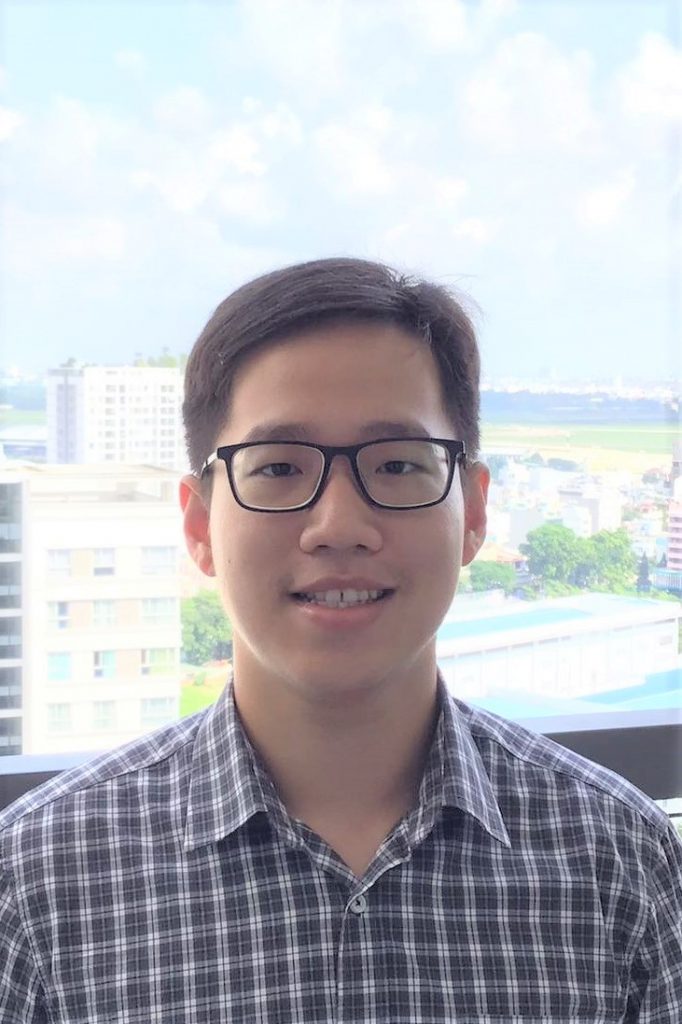
Ben is co-advised by Professors Suzie Pun and Patrick Stayton in the Bioengineering department. He is developing polymeric biomaterials for targeted drug delivery, with a particular interest in advancing the state-of-the-art of cancer vaccines and kidney therapeutics. The efficacy of promising drug candidates is often hampered by delivery constraints, such as rapid clearance from the body and/or off-target toxicity, more simply, they do not stay at the right place for the right amount of time to work. Ben’s work can change that incorporating drugs into polymers can help them stay in certain bodily compartments for longer, and adding targeting molecules to polymer chains can help them hone in on certain cells that they need to act upon. Read More
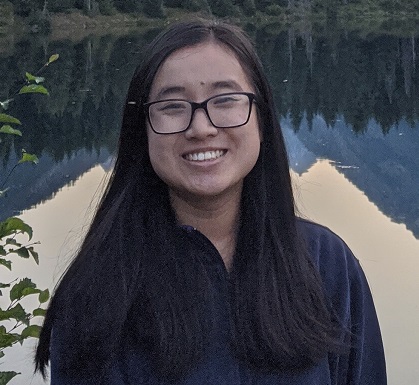
As a graduate student in the lab of Dr. Suzie Pun, Melissa is working on drug delivery platforms, including biologically testing polymeric drugs bypassing the blood-brain barrier. This could improve drug targeting to the brain for diseases such as Alzheimer’s and Parkinson’s. In addition, she is identifying biomaterials that will promote CAR-T cell therapy, which will improve this cancer treatment in the future. She holds a B.S. in Biomedical Engineering at The Pennsylvania State University. Read More
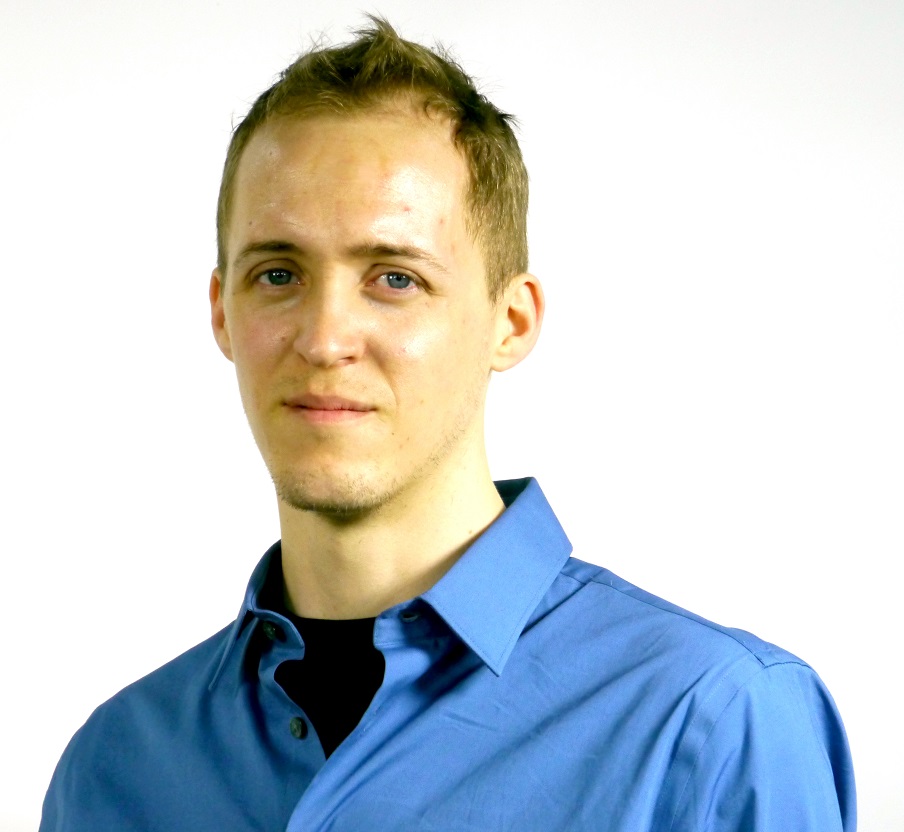
As a graduate student in the Lutz lab, Josef is developing next-generation diagnostic tests for upper respiratory infections and HIV. Josef’s research focuses on using advanced molecular diagnostics on paper microfluidics to produce rapid, inexpensive, and highly multiplexed point-of-care diagnostics. His research will help to make diagnostic testing more accessible and comprehensive. He holds a B.S. in Bioengineering and Nano-Molecular Engineering with a minor in Applied Mathematics from the University of Washington, and certificates in nanotechnology and data science. Read More
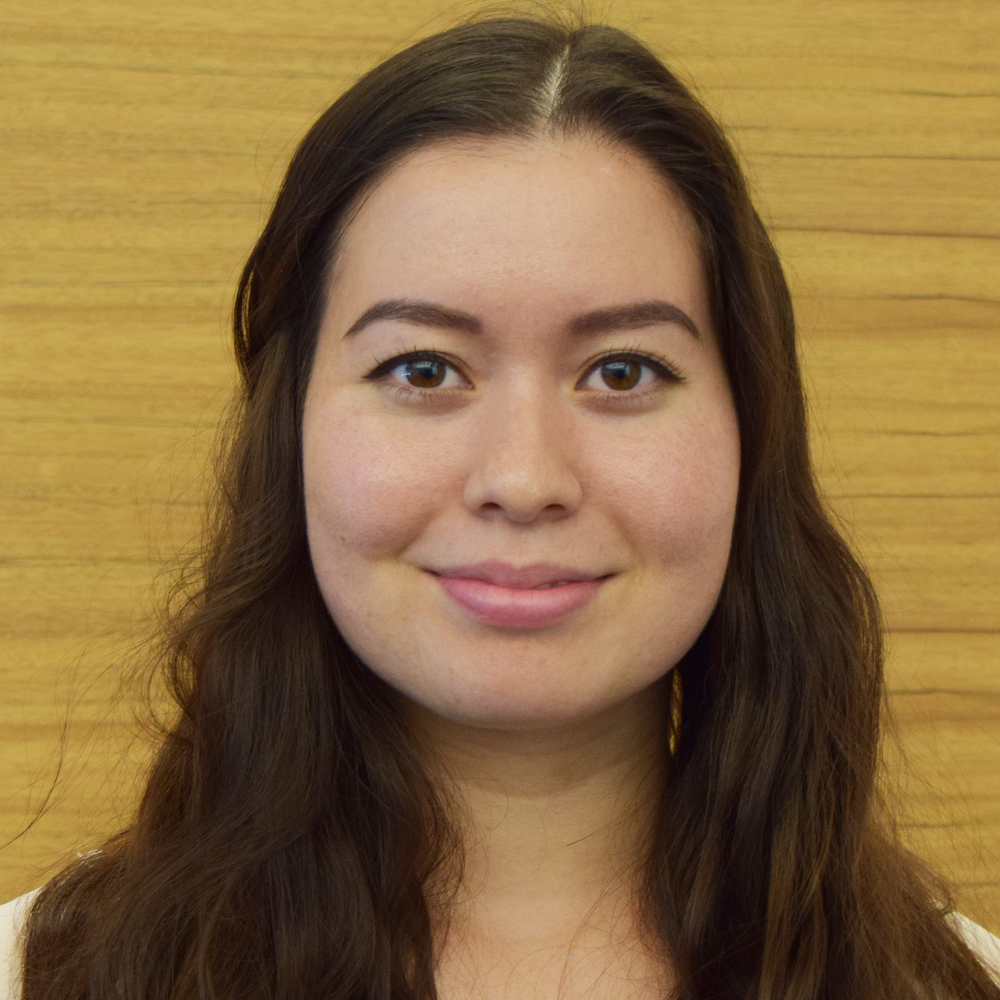
Ayumi is a grad student in Patrick Stayton’s lab within the department of Bioengineering. The Stayton lab explores novel polymer architectures to create prodrug platforms that target specific tissues while reducing peripheral effects. Ayumi is interested in infectious disease treatments, and currently studies polymeric treatments for the radical cure of Plasmodium vivax malaria. Her previous work focused on sub-anesthetic ketamine treatments for levodopa-induced dyskinesia in Parkinson’s disease. She received her B.S. in Molecular and Cellular Biology from the University of Arizona. Read More
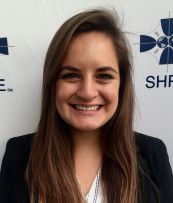
As a graduate student in bioengineering professor Valerie Daggett’s lab, Tatum is studying self-aggregating proteins known as amyloids. Amyloid proteins are a hallmark of disease in mammalian systems, but are also used by bacteria as part of an extracellular scaffold known as a biofilm. She is targeting functional bacterial amyloid in biofilms by engineering peptides that interfere with amyloid aggregation. By preventing continued aggregation of alpha sheet oligomers through specific binding to alpha sheet peptides, bacterial biofilms cannot form efficiently, effectively increasing their susceptibility to common antibiotics. Read More